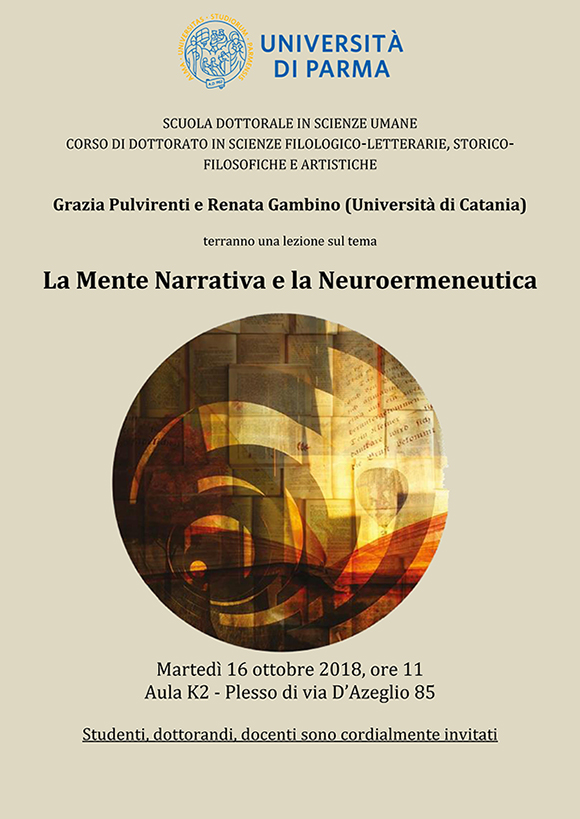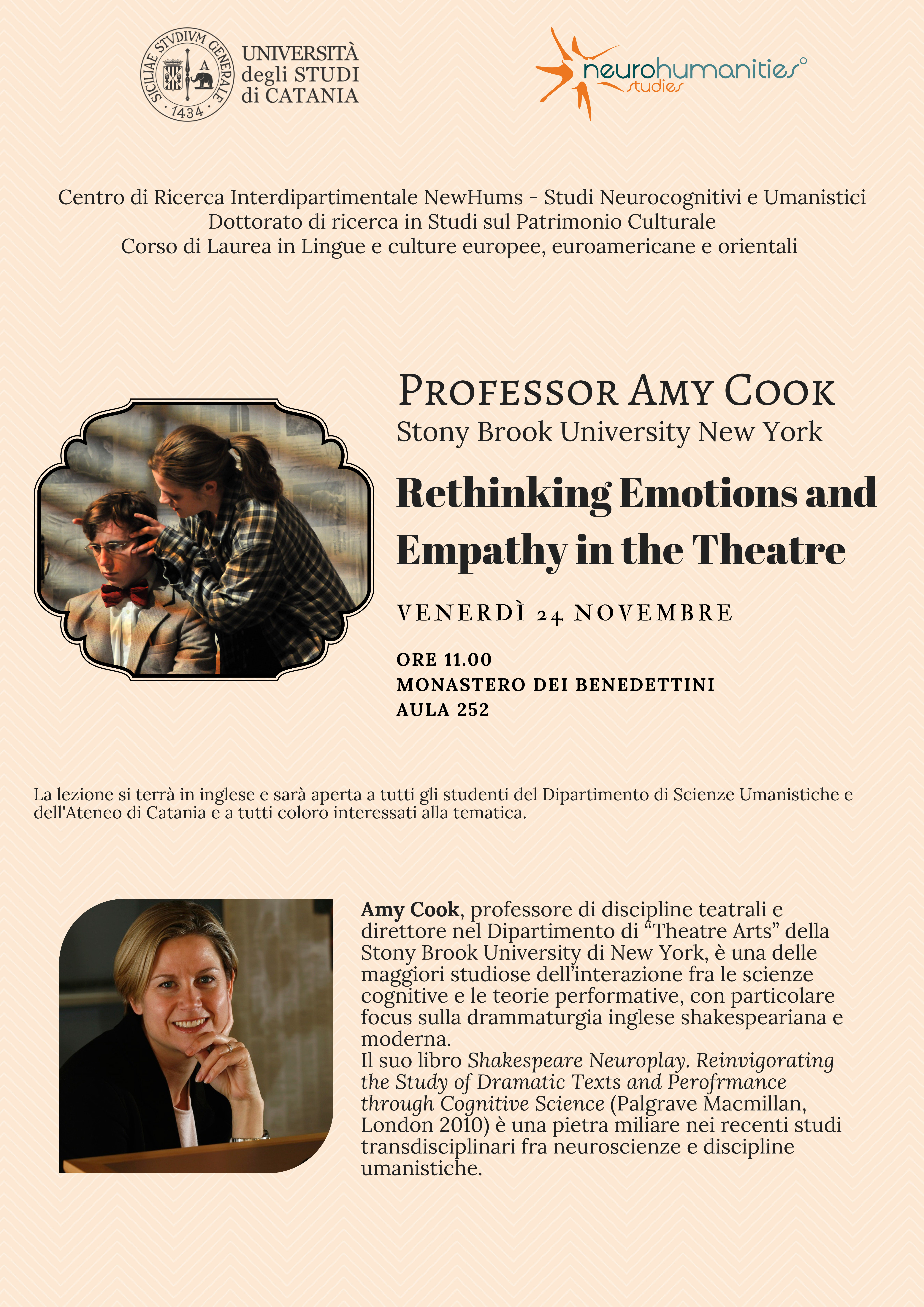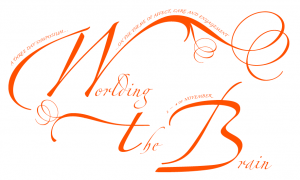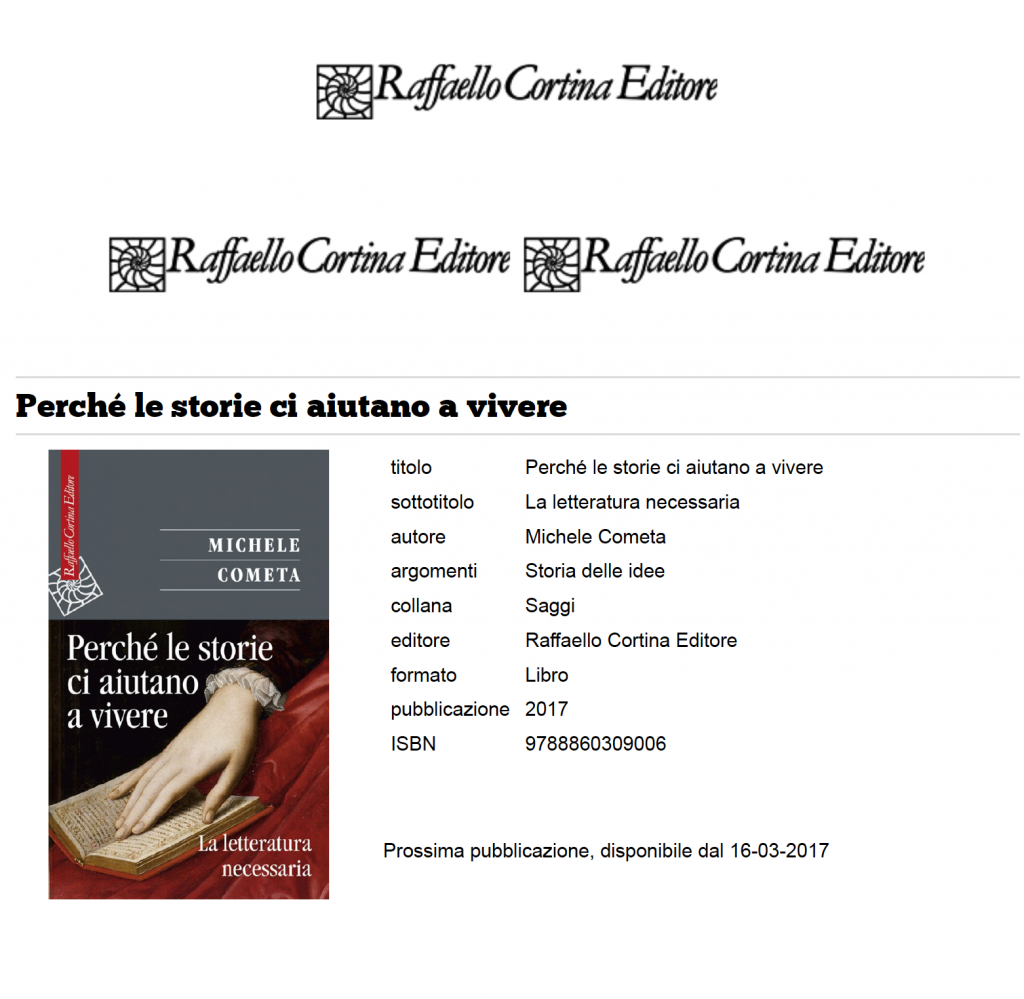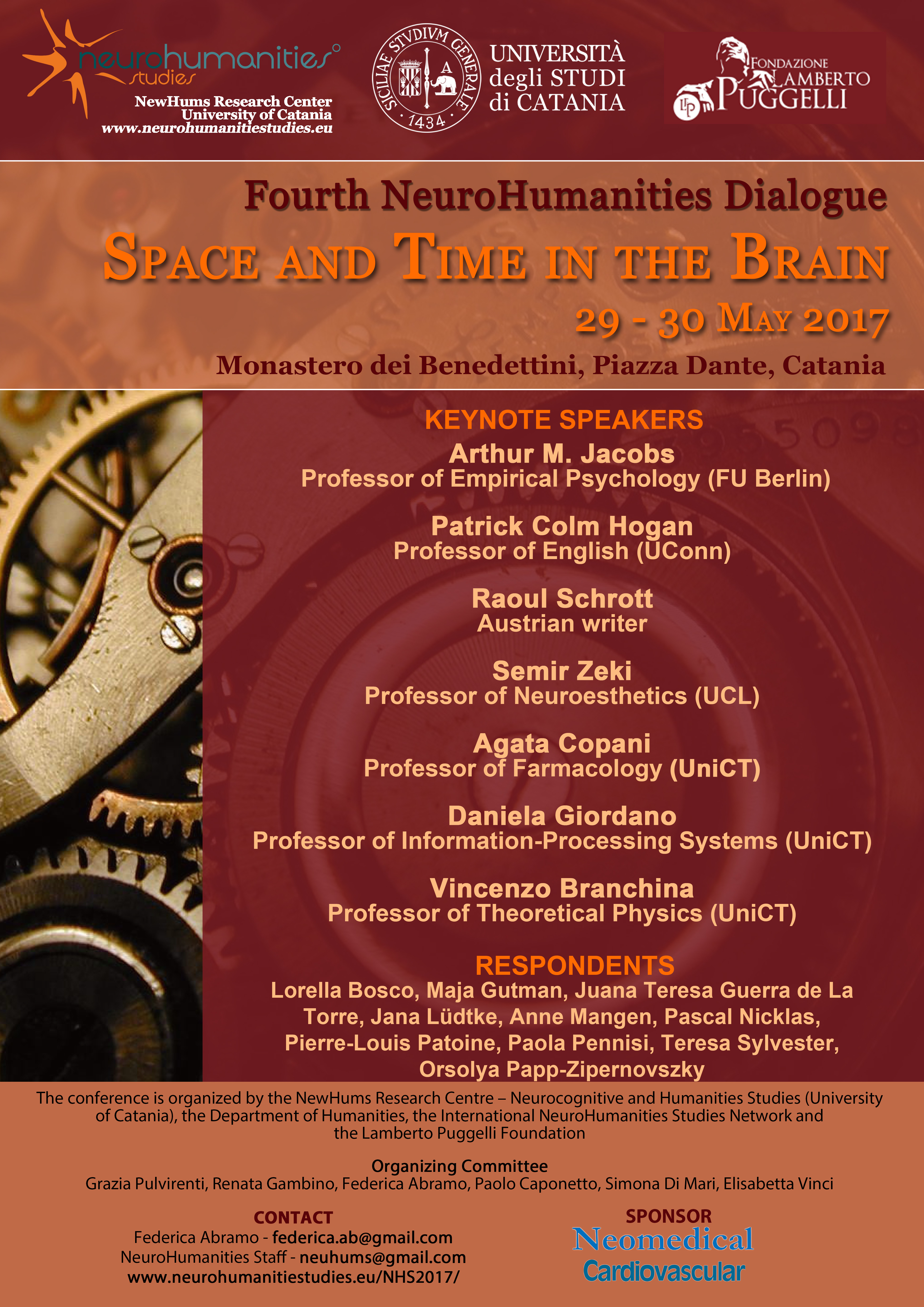| Following the success of Worlding the Brain 2016, we continue this series of multi-disciplinary encounters of science, art and the humanities with an international conference on the themes of Affect, Care and Engagement in November 2017 in Amsterdam.
This event is intended to explore the ‘worlding’ of the brain, i.e. the mutual influence of the extra-cerebral world on the brain and the brain on the world. Such ‘worldings’ occur when we place the brain in worldly contexts, study its interaction with various environments and reflect upon its entanglements with cultural practices and processes. Based on a recognition of the ‘neuro-turn’ in various disciplines, we aim to extend and deepen the dialogue between the different fields of knowledge in art, humanities and science that investigate and perform such interactions.
The themes of affect, care and engagement indicate that the bidirectional interaction between world and brain is never neutral but always mediated by concerns, interests and emotions in different ways. With ‘affect’ we think of both the current political and cultural climate (of anger, fear, resentment and hope) and the prevalence of medical and psychological conditions such as depression and anxiety disorders in society today. With ‘care’ we want to address the caring for the self and others in our daily lives and health care, taking into account the underlying socio-political imperatives of self-fashioning and well-being. With ‘engagement’ we aim to explore both the interconnections between brain, body and our sensory environment and the socio-political implications of these relations for personal and collective agency today.
The socio-political, psychological, medical, cultural and discursive dimensions of these topics require an integration of artistic, humanist and cognitive neuroscientific perspectives. With these explorations, this conference intends to foster reflection on the challenges and opportunities for the ‘worlding the brain’ perspective in the current political, social, epistemic situation.
Besides our keynote addresses we will host multi-disciplinary panels and invite artists, (cognitive) neuroscientists, health workers and humanities scholars of all kinds to engage in paper presentations, dialogues, performances and artistic work. Our aim is to meet and learn from our different perspectives on the complexity of our embodied, enworlded and affective brains, and start new collaborations. We will convene in the CREA building of the University of Amsterdam and, on the second evening of the conference, for a special evening program at the Stedelijk Museum, Amsterdam.
Presentations can address (but are not limited to) the following topics:
- Emotions (fear, joy, sadness) in neuroscience, film, literature, art and psychiatry
- Affective imaginations and simulations
- Intersubjectivity and synchronicity
- Empathy and attunement
- Neuroaesthetics and/of empathy
- Philosophy and neuroscience of emotions
- Art and care of the self/the other, affective labor
- Mirror neurons, theory of mind and intersubjective care
- The (a)political state of mind
- Environmental and cognitive interactions
- Impacts of cognitive and neuro-enhancement technologies
We invite proposals for 15 minute presentations, allowing after each presentation a 15 minute discussion. We encourage interdisciplinary co-presentations or pre-constituted interdisciplinary panels. Next to more traditional papers, we encourage other formats for presenting and performing, such as workshops, posters, or open stage meetings; please describe the type of intervention you propose. When submitting a proposal, please include a title; an abstract of ca. 250 words; a short bio (150 words) and a short bibliography that includes three publications that are relevant for your topic. Please send your proposal to worldingthebrain2017@gmail.com.
For the latest news on Worlding the Brain 2017 see: www.worldingthebrain2017.com
Deadline for proposals: 1 July 2017
Notifications by: 15 July 2017
Conference fee: 150 Euros (fee waivers available to students and artists),
to be paid before 1 August 2017
Information on the keynote speakers:
Vittorio Gallese is Professor of Physiology at the University of Parma with appointments in the departments of neuroscience, psychiatry and psychology. His research investigates the brain mechanisms underlying social cognition, in particular empathy and its role in aesthetic experience. Gallese is one of the discoverers of mirror neurons and remains a main contributor to research on this key finding in cognitive neuroscience and to the interpretation of its implications in a variety of domains and disciplines, for example in his recent book, The Birth of Intersubjectivity: Psychodynamics, Neurobiology, and the Self (with Massimo Ammaniti, W.W. Norton, 2014). Professor Gallese also holds an appointment as professor in Experimental Aesthetics at the University of London, where he is researching the neural basis of aesthetic experience.
Felicity Callard is Professor in Social Science for Medical Humanities at Durham University, UK. Her research sits at the intersection of the social sciences and the humanities and specifically addresses twentieth- and twenty-first century psychiatry, psychology, psychoanalysis and cognitive neuroscience. She has a strong interest in practices, epistemologies and histories of interdisciplinarity, as manifested in her co-authored, Open Access book, Rethinking Interdisciplinarity across the Social Sciences and Neurosciences (Palgrave, 2015). From October 2014 to December 2016, Callard was Director of Hubbub – the first interdisciplinary residency of the Hub at Wellcome Collection – where she led a team of scientists, artists, humanists, clinicians, public health experts and public engagement professionals, who explored states of rest and its opposites in mental health, cognitive neuroscience, the arts and the everyday.
Alva Noë is Professor of Philosophy at the University of California, Berkeley, where he is also a member of the Institute for Cognitive and Brain Sciences and the Center for New Media. He works on the nature of mind and human experience, insisting on the embodied nature of cognition and the enactive nature of interactions between body, mind and world. He is the author of Action in Perception (MIT Press, 2004), Out of Our Heads (Farrar Straus and Giroux, 2009), Varieties of Presence (Harvard University Press, 2012), and Strange Tools (Farrar, Straus and Giroux, 2015). He has been philosopher-in-residence with The Forsythe Company and has also collaborated with a number of dance artists. Alva Noë is a 2012 recipient of a Guggenheim fellowship and a former fellow of the Wissenschaftskolleg zu Berlin. He is a weekly contributor to National Public Radio’s science blog 13.7: Cosmos and Culture.
This conference is organized by the ASCA research group Neuroaesthetics and Neurocultures at the University of Amsterdam. This conference is made possible by grants from and collaboration with: Amsterdam School of Cultural Analysis (ASCA), the Amsterdam Centre for Globalization Studies (ACGS), Amsterdam Brain and Cognition (ABC), the Netherlands School for Cultural Analysis (NICA) and the Cutting Edge Research fund by the University of Amsterdam
Conference theme design: Anton Weflo and Johanna Ehde |


